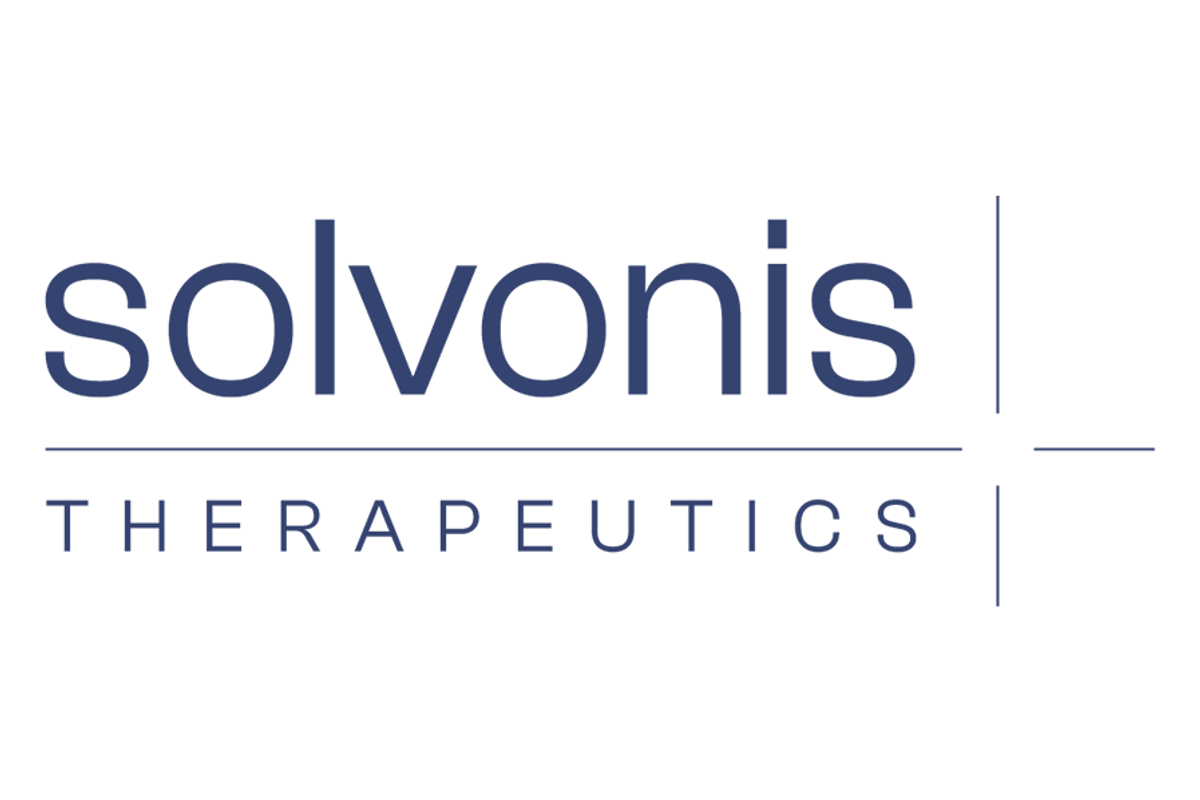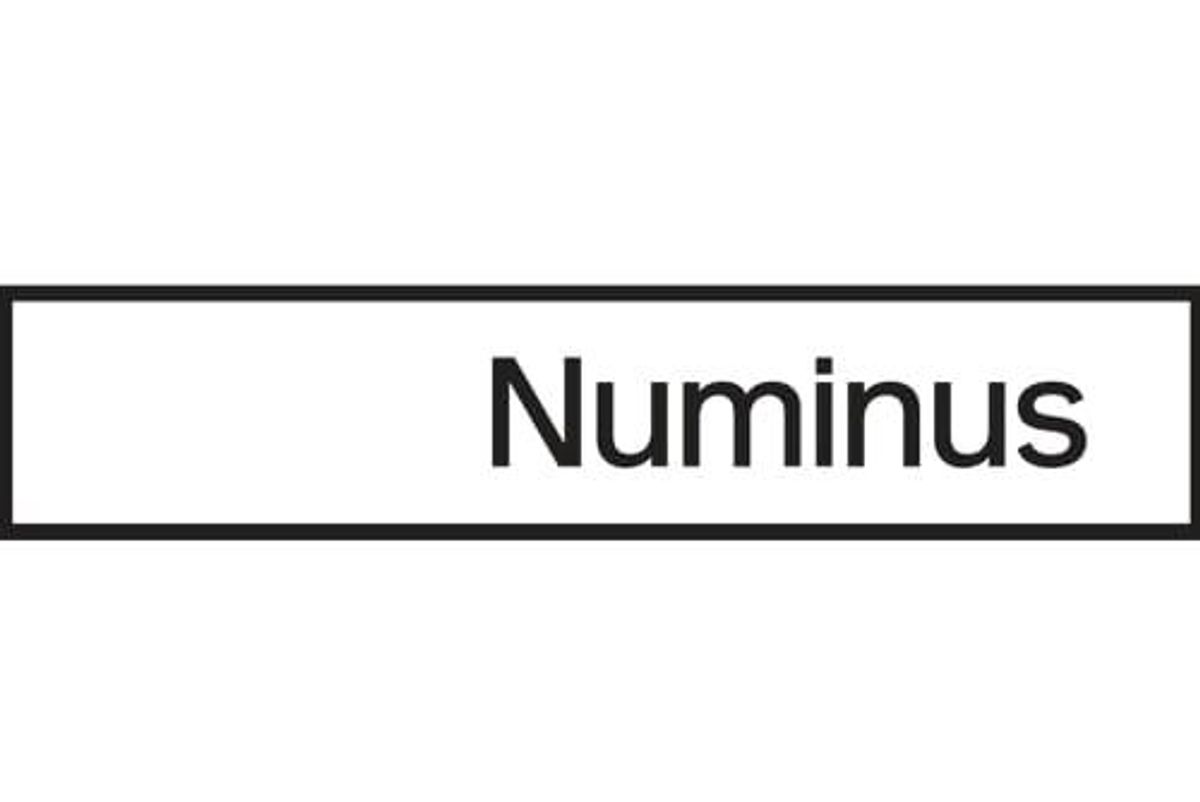
February 29, 2024
Melodiol Global Health Limited (ASX:ME1) (‘Melodiol’ or ‘the Company’) is pleased to present its Preliminary Final Year Report.
PRELIMINARY FINAL REPORT
For the year ended 31 December 2023, previous corresponding period is 31 December 2022.
CHANGE OF COMPANY NAME
On 31 May 2023, the Company announced that at the Annual General Meeting held on that date a resolution was passed by shareholders to change the Company’s name from Creso Pharma Limited (ASX: CPH) to Melodiol Global Health Limited (ASX: ME1). The change of name took effect on ASX from the commencement of trading on 13 June 2023
RESULTS FOR ANNOUNCEMENT TO THE MARKET
DIVIDENDS
No dividends have been paid or declared by the Group during the year (2022: Nil). No dividend is recommended in respect of the current financial year (2022: Nil).
Click here for the full ASX Release
This article includes content from Melodiol Global Health, licensed for the purpose of publishing on Investing News Australia. This article does not constitute financial product advice. It is your responsibility to perform proper due diligence before acting upon any information provided here. Please refer to our full disclaimer here.
ME1:AU
The Conversation (0)
05 October 2023
Melodiol Global Health
Global Portfolio of Strategic Cannabis and Plant-based Businesses
Global Portfolio of Strategic Cannabis and Plant-based Businesses Keep Reading...
03 February
Lobe Sciences Reports First Quarter 2026 Results and Highlights
VANCOUVER, BC / ACCESS Newswire / February 3, 2026 / lobe sciences ltd. (CSE:LOBE,OTC:LOBEF)(OTCQB:LOBEF)(Frankfurt:LOBE.F) ("Lobe" or the "Company"), a biopharmaceutical company advancing programs in diseases with unmet medical needs, today reported unaudited financial results for the first... Keep Reading...
13 January
Lobe Sciences Advances Governance and Capital Markets Expertise with Appointment of Mr. Nick Karakochuk to the Board of Directors
VANCOUVER, BRITISH COLUMBIA / ACCESS Newswire / January 13, 2026 / lobe sciences ltd. ("Lobe Sciences" or the "Company") (CSE:LOBE)(OTCQB:LOBEF)(FWB:LOBE.F), a clinical-stage biopharmaceutical company focused on advancing therapies for diseases with significant unmet medical needs, today... Keep Reading...
08 January
Lobe Sciences Reports FY2025 with a Stronger Balance Sheet and Sharpened Strategy
Balance Sheet and Sharpened Strategy VANCOUVER, BRITISH COLUMBIA / ACCESS Newswire / January 8, 2026 / lobe sciences ltd. (CSE:LOBE)(OTCQB:LOBEF)(Frankfurt:LOBE.F) ("Lobe" or the "Company"), a biopharmaceutical company advancing programs in diseases with unmet medical needs, today reported... Keep Reading...
07 January
U.S. Patent allowance received for PTSD discovery programme
Solvonis Therapeutics plc (LSE: SVNS), an emerging biopharmaceutical company developing novel medicines for high-burden central nervous system ("CNS") disorders, announces that it has received a Notice of Allowance (the "Allowance") from the United States Patent and Trademark Office ("USPTO")... Keep Reading...
06 January
Lobe Sciences Reports Fiscal 2025 Results and Highlights Strategic Transformation Following Leadership Transition
VANCOUVER, BRITISH COLUMBIA / ACCESS Newswire / January 6, 2026 / lobe sciences ltd. (CSE:LOBE)(OTCQB:LOBEF)(FWB:LOBE.F) ("Lobe" or the "Company"), a biopharmaceutical company advancing programs in diseases with unmet medical needs, today reported audited financial results for the fiscal year... Keep Reading...
01 December 2025
Numinus Wellness Provides Corporate Update
Numinus Wellness Inc. (TSX: NUMI) (OTCQX: NUMIF) ("Numinus" or the "Company"), a mental health care company focused on innovative behavioral health treatments with a focus on safe, evidence-based psychedelic-assisted therapies, is providing a corporate update.Change of auditorsOn October 10,... Keep Reading...
Latest News
Interactive Chart
Latest Press Releases
Related News
TOP STOCKS
American Battery4.030.24
Aion Therapeutic0.10-0.01
Cybin Corp2.140.00




